In a significant pivot from their initial menu choices, Olympic Games organizers have introduced over 1,500 pounds of eggs and a ton of extra meat to the athletes’ village.
This switch from vegan-like options to more traditional fare is a direct nod to the athletes’ vocal requests for familiar comfort foods during the competition.
Adapting to Athlete Preferences
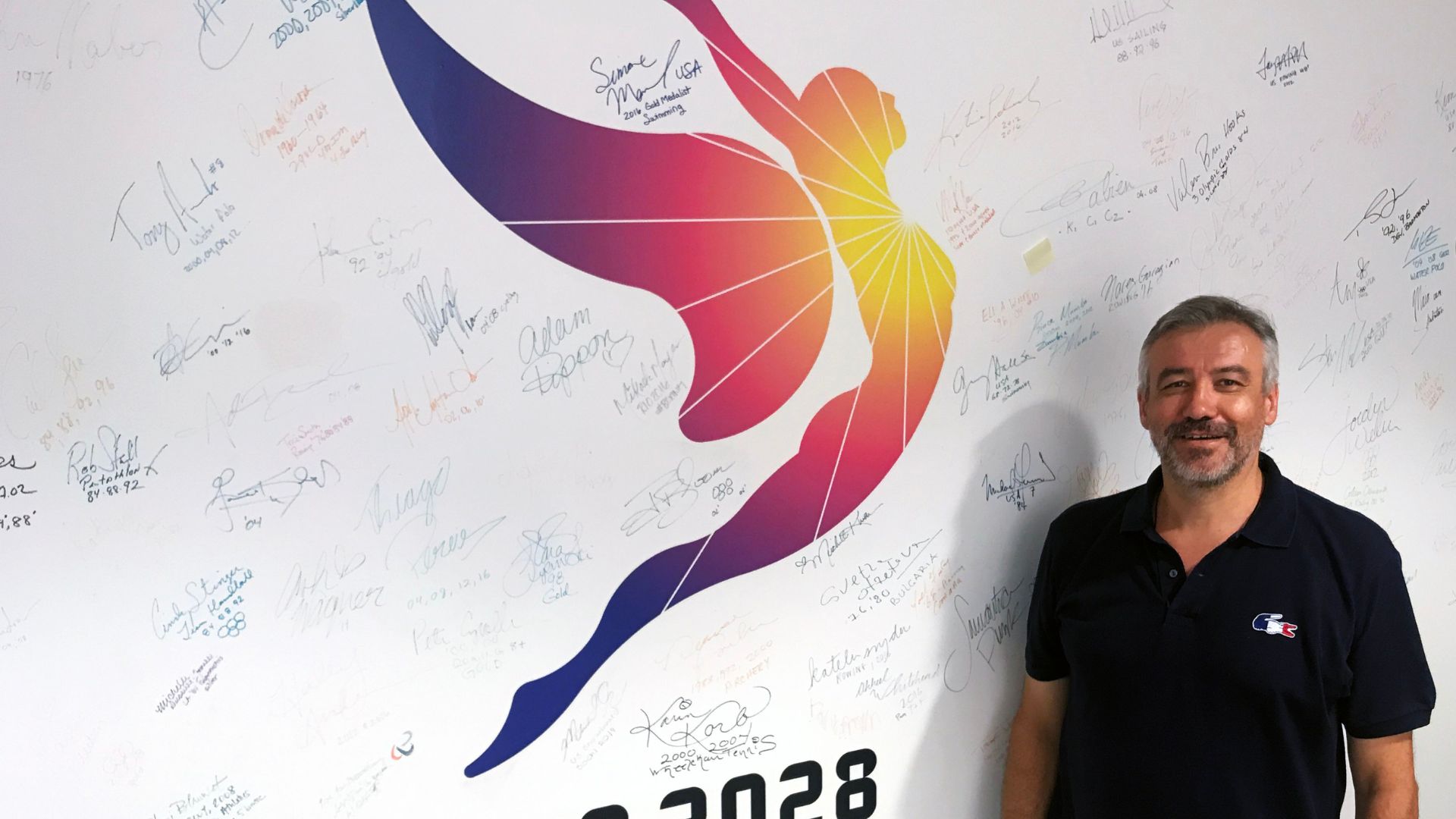
Recognizing the importance of athlete satisfaction, Paris 2024 chief executive Etienne Thobois acknowledged the adjustments, saying, “As far as food is concerned we had to make a few changes and we had to adapt, which is quite normal.”
This move is a part of a larger commitment to meeting the varied dietary needs of the competitors.
The Original Options

The backlash from the Olympic athletes is in response to the limited options for food at the Olympic Village.
The eggs and extra meat will replace what was originally offered: fake meat and non-dairy food. The rationale behind this restricted menu was that the Paris Games organizers wanted to make these Olympics the most sustainable of all time.
Athletes Looking Elsewhere
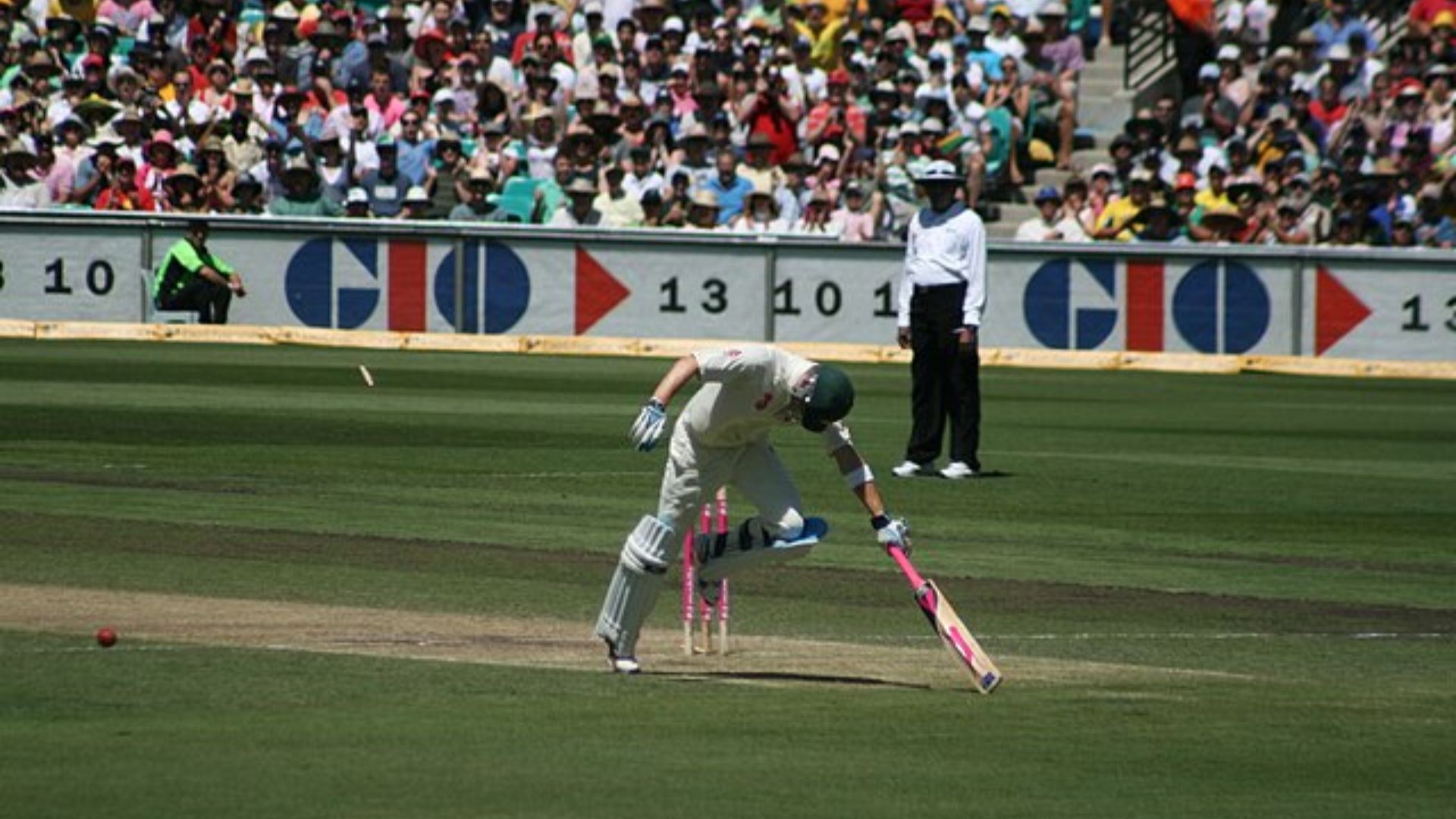
The conditions at Olympic Village may be manageable for some of the athletes, but for others they have been unacceptable.
Australian cricket player, Michael Clarke, said an Olympic weightlifter was told he could “only have two lamb chops” from the athletes buffet. Clarke applauded teams and individual athletes who arranged alternative accommodation away from Olympic Village, especially out of their own pocket.
Comfort Versus Sustainability
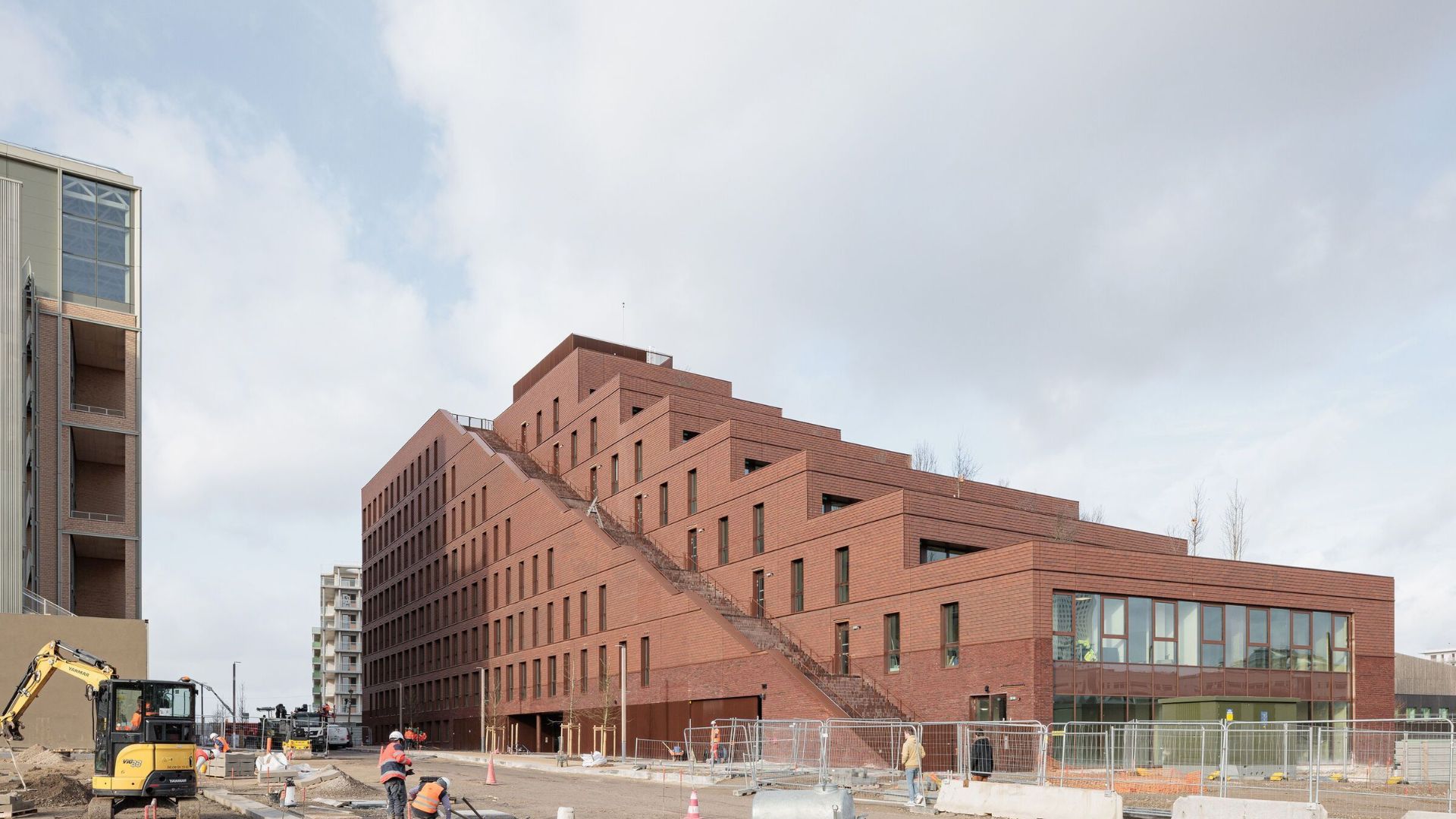
The quest for an eco-friendly Olympic village has led to some compromises that didn’t sit well with the athletes, including cardboard beds and the absence of air conditioning.
These decisions have sparked discussions on finding the right balance between environmental initiatives and the comfort of the athletes.
Olympic Dorms
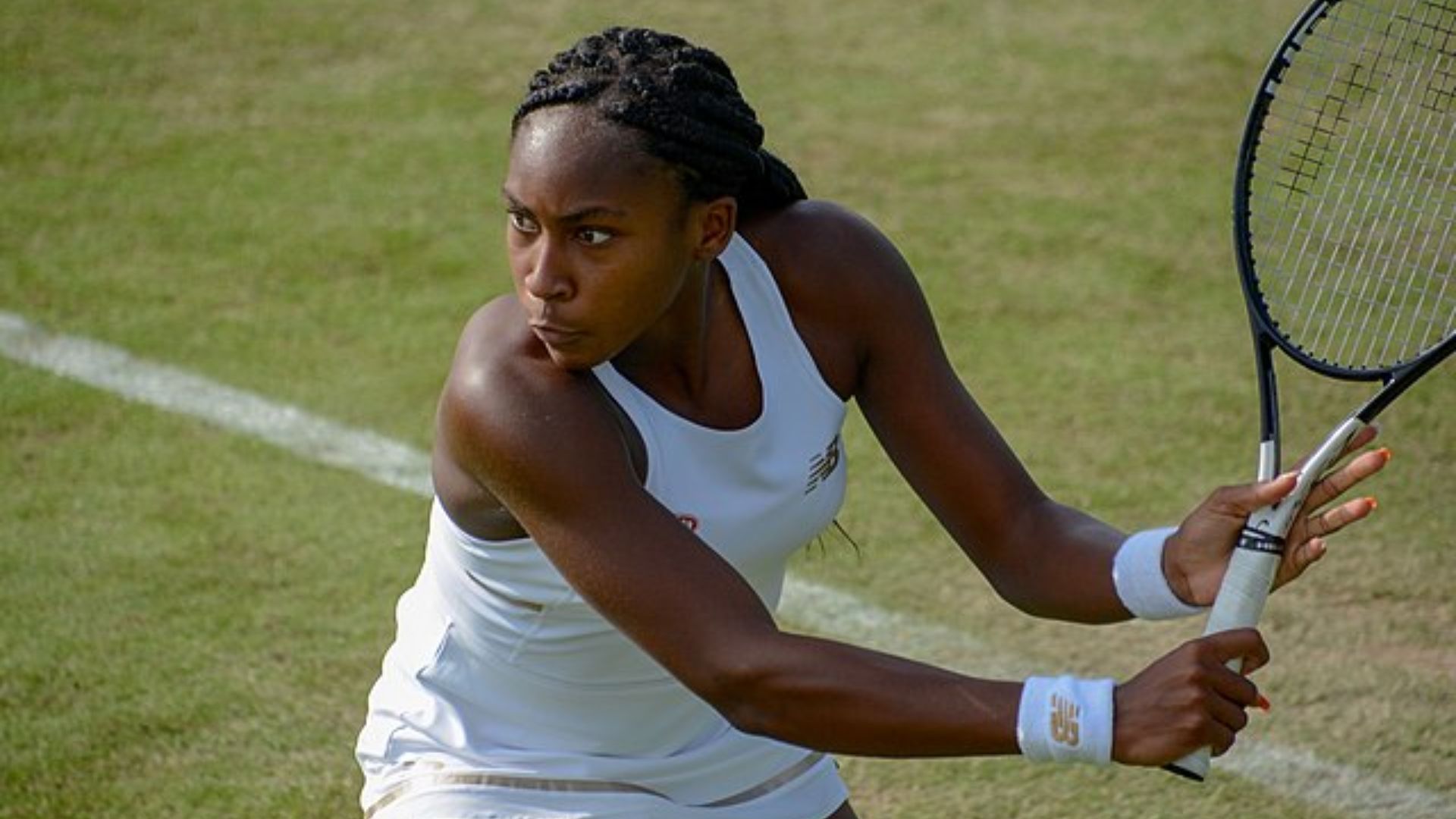
The state of the Olympic Village accommodation has recently made the rounds on social media.
U.S. tennis player, Coco Gauff, posted a video on TikTok showing the crowded rooms titled “10 girls, two bathrooms. #Olympicvillage.” The video included the sound of a woman screaming in a horror film. When a commenter recommended they go to a hotel, Gauf replied: “All the tennis girls moved to a hotel except me. So now just 5 girls two bathrooms.”
Some Have Already Left
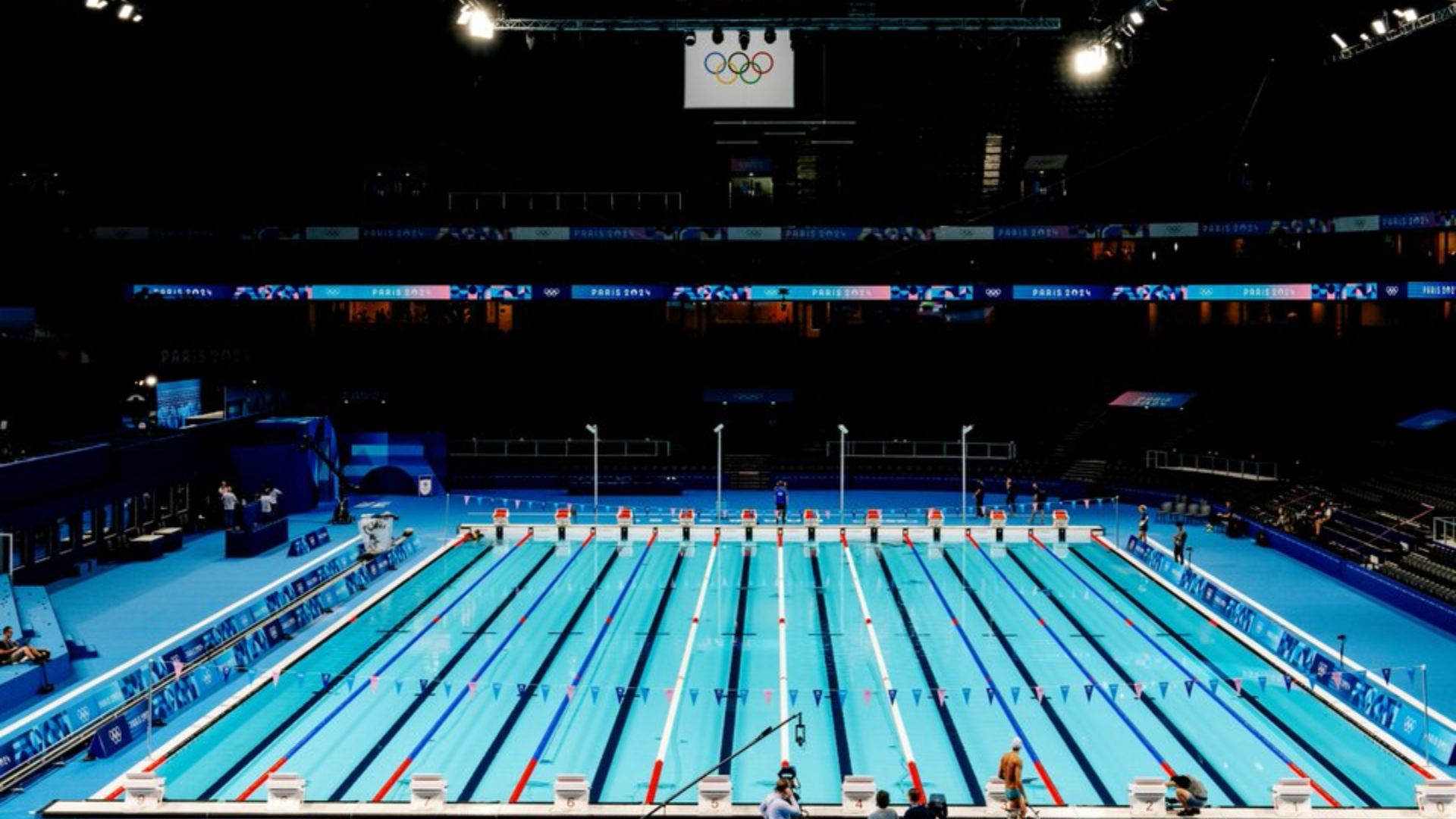
Some athletes have checkout of Olympic Village early. Complaints have ranged from crowded quarters, cardboard beds and long commutes to venues.
Six members from South Korea’s swim team have moved out of the village due to difficulties getting to their competition sites. Chong Chang-hoon, president of the Korea Swimming Federation, said the swimmers would move to a hotel within walking distance of the venue in preparation for the men’s 4×200-meter freestyle relay.
Addressing Village Accessibility Issues

Athletes have raised concerns over logistical issues within the Olympic Village.
They have highlighted the long walks to meals and the inefficiency of the transportation system, including delayed and packed buses, which added to their daily strains.
Eco-Friendly Ambitions Meet Reality
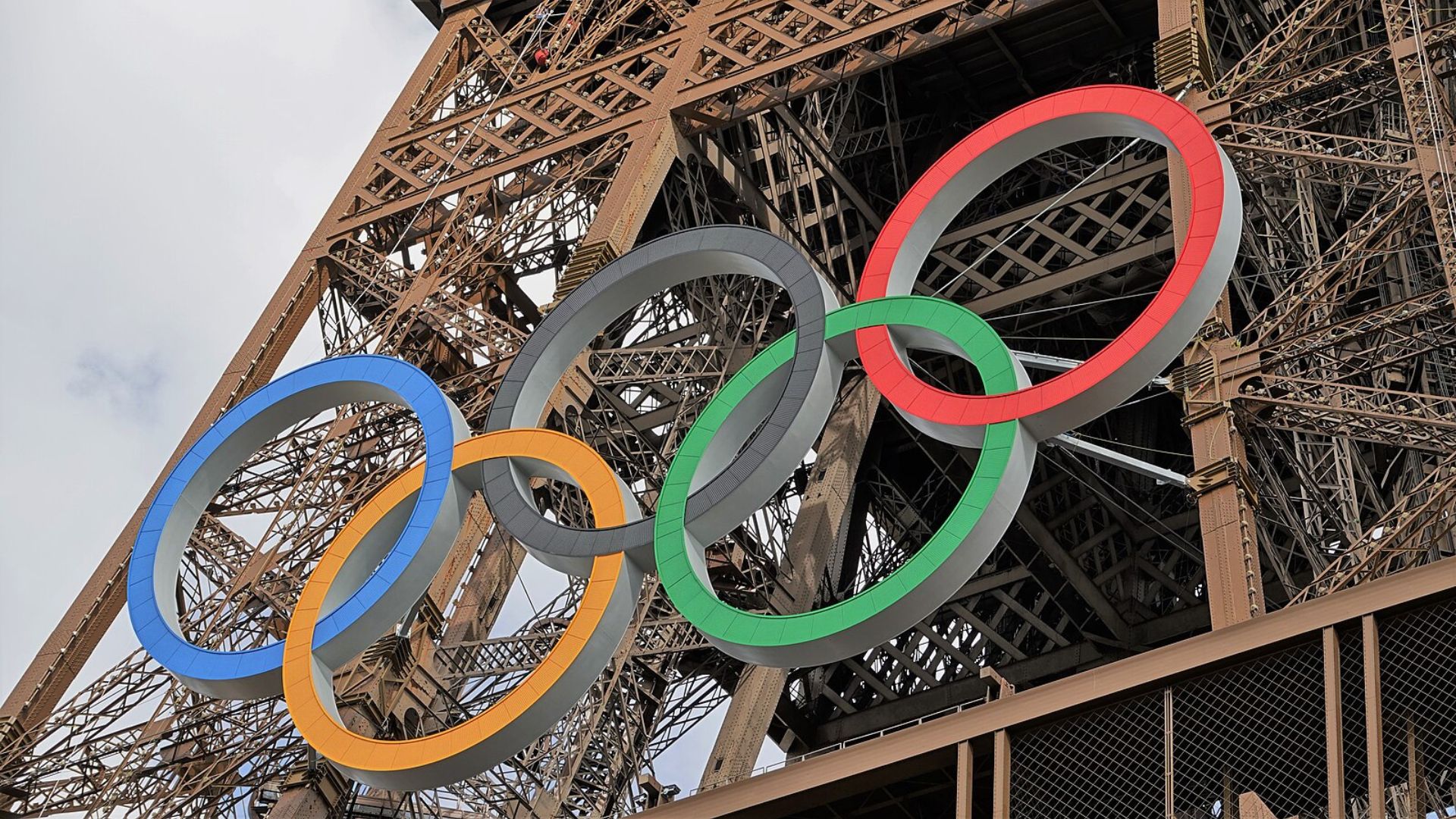
The Paris Games aimed to set a new standard for sustainability in global sporting events.
However, efforts to minimize the carbon footprint have been met with pushback from athletes, who argue that their performance needs should take priority.
Losing the Games
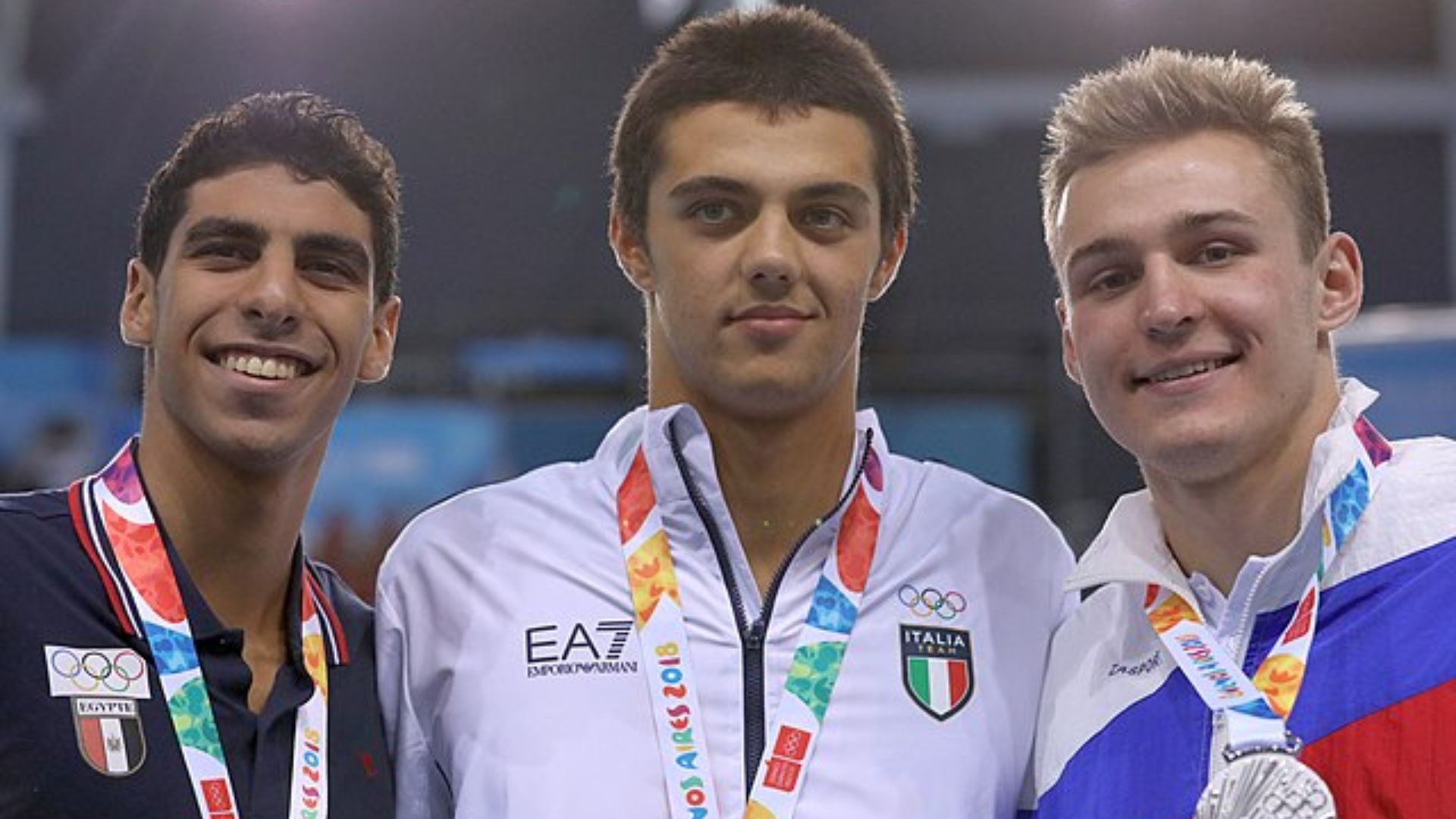
The poor accommodation is not just a matter of inconvenience. It might be costing the athletes.
After failing to make the finals, 100-meter backstroke gold medalist for Italy, Thomas Ceccon, said: “There is no air conditioning, it’s hot, the food is bad. I emphasize that this is not meant to be an excuse or an alibi … it is right to tell the story. I gave up in the semi-final.”
Responding to Criticism
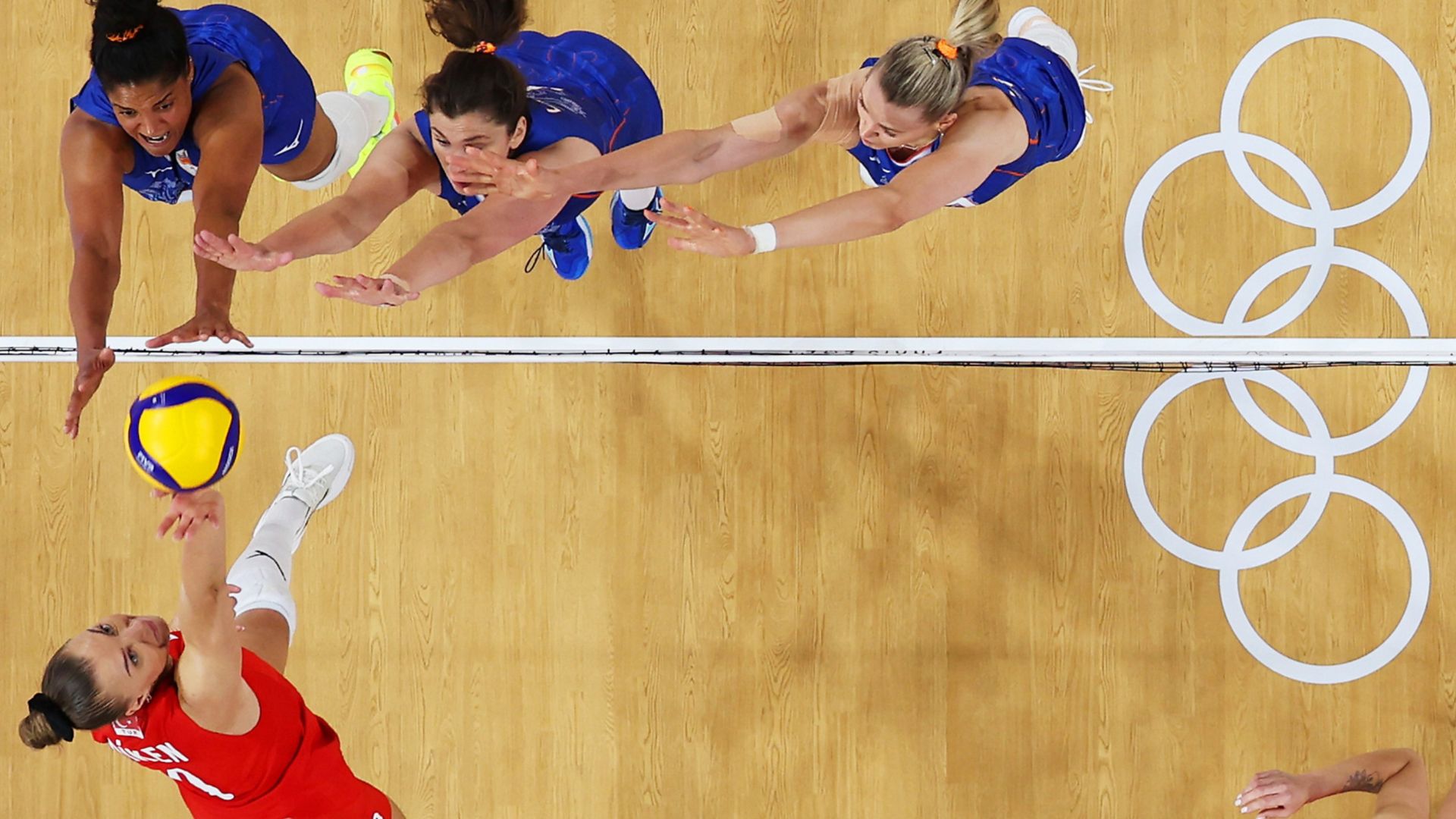
With the increasing number of complaints from athletes, Olympic officials have been put in the difficult position of defending their policies while also making necessary adjustments.
The games have seen fewer record-breaking performances, suggesting that the conditions might be less than ideal for peak achievements.
A Shift in Climate Control Policies
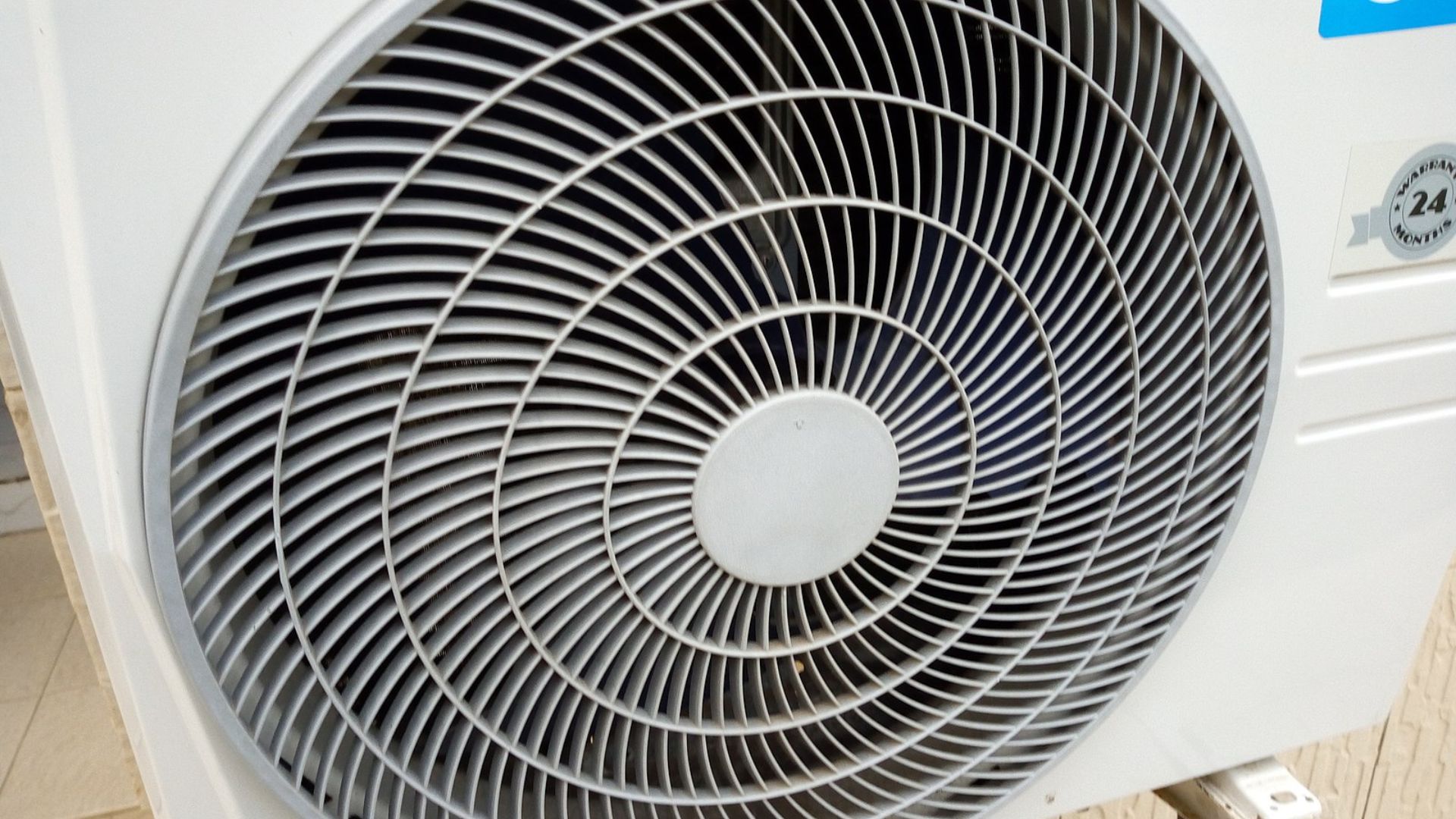
The initial decision to rent out air conditioning units was intended to reduce environmental impact but faced backlash from competitors.
Matt Carroll, AOC chief executive, stated, “We appreciate the concept of not having air conditioning due to the carbon footprint, but this is a high-performance Games.”
More Protein, Please!

In response to feedback, a significant increase in protein sources was introduced.
“We have 700kg [1,500 lb] of eggs and a [ton] of meat have been the increases we have provided to meet the needs of athletes,” explained Thobois, highlighting the swift action taken to enhance athlete satisfaction with meal options.
Fine-Tuning Food Offerings
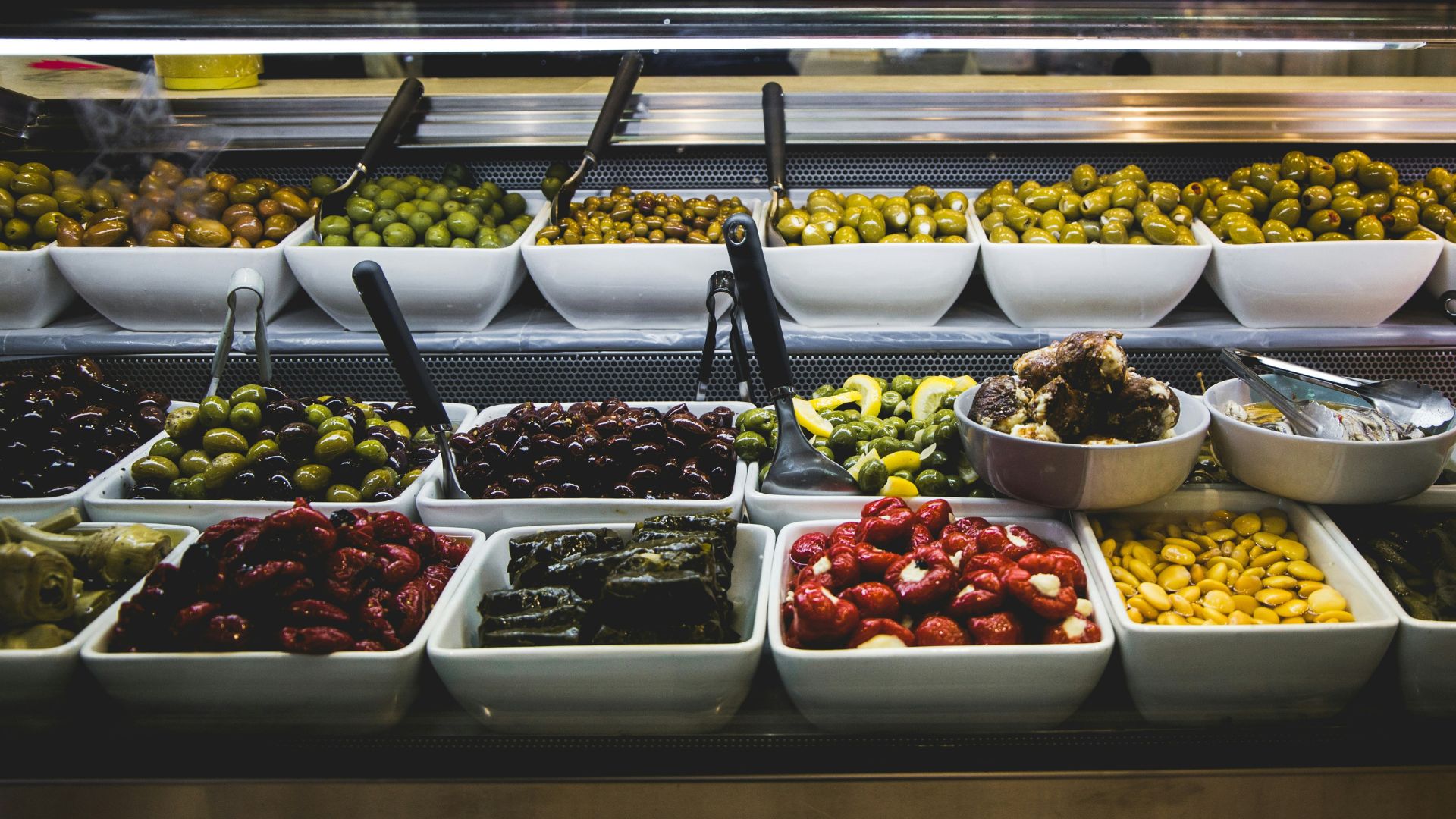
After the initial backlash over food choices, the organizers quickly revised their approach to include a broader range of organic and conventional foods.
They aim to better align with the diverse tastes and performance needs of the global athlete community.
Prioritizing the Athletes
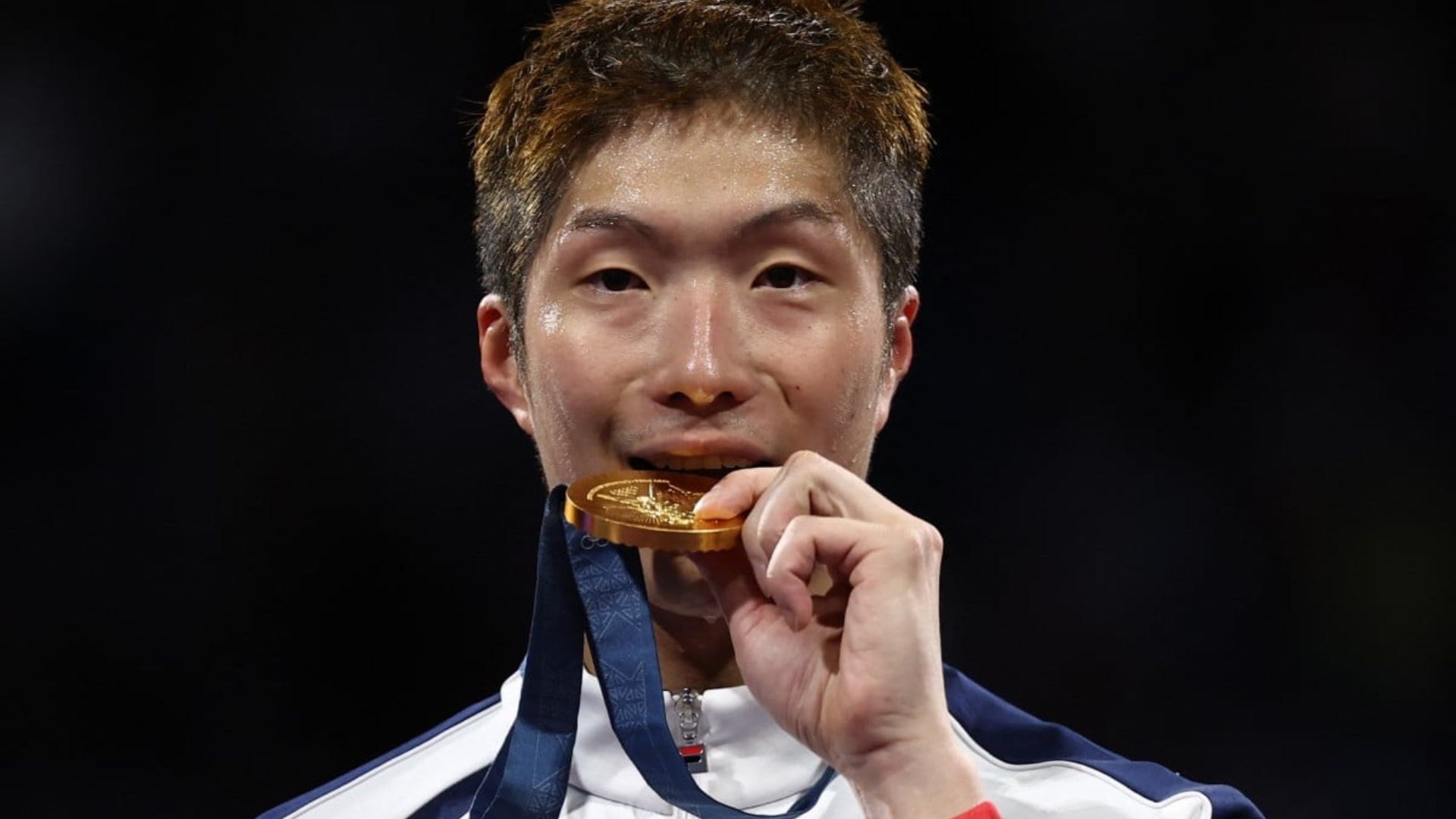
Thobois said that the Games organizers have swiftly changed their approach to prioritize the athletes.
The organizers had a certain “vision” regarding nutrition with an emphasis on organic food. “We have had discussions with the heads of delegation, and we have put the athletes at the forefront of our concerns and adapted our services to meet the needs of the athletes,” Thobois said.
Cooling Down the Controversy
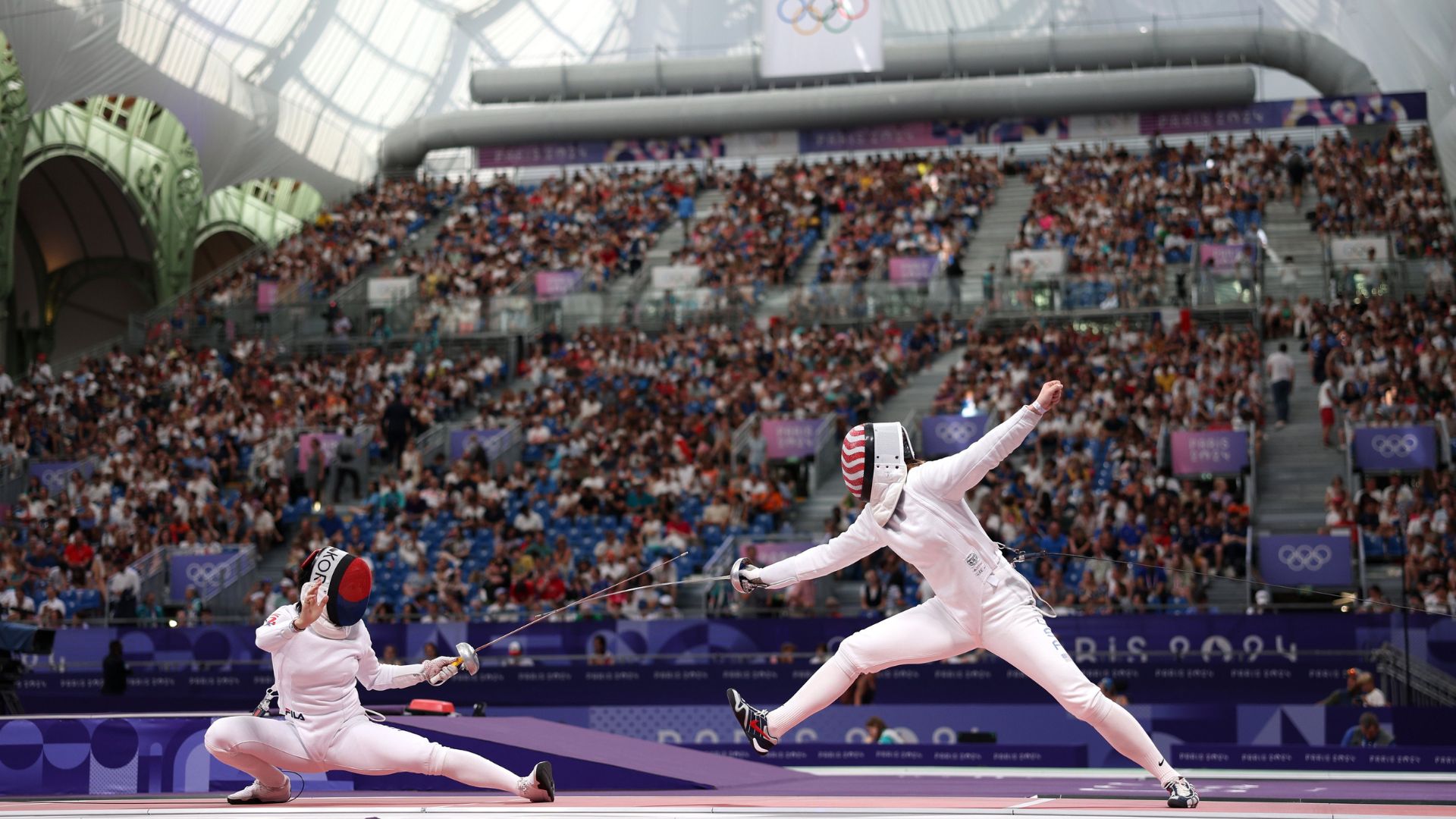
In an about-turn, Paris 2024 decided to allow teams to bring their own air conditioning units.
This decision was a response to ongoing complaints about the sweltering heat affecting athlete comfort and performance.
Too Hot to Handle
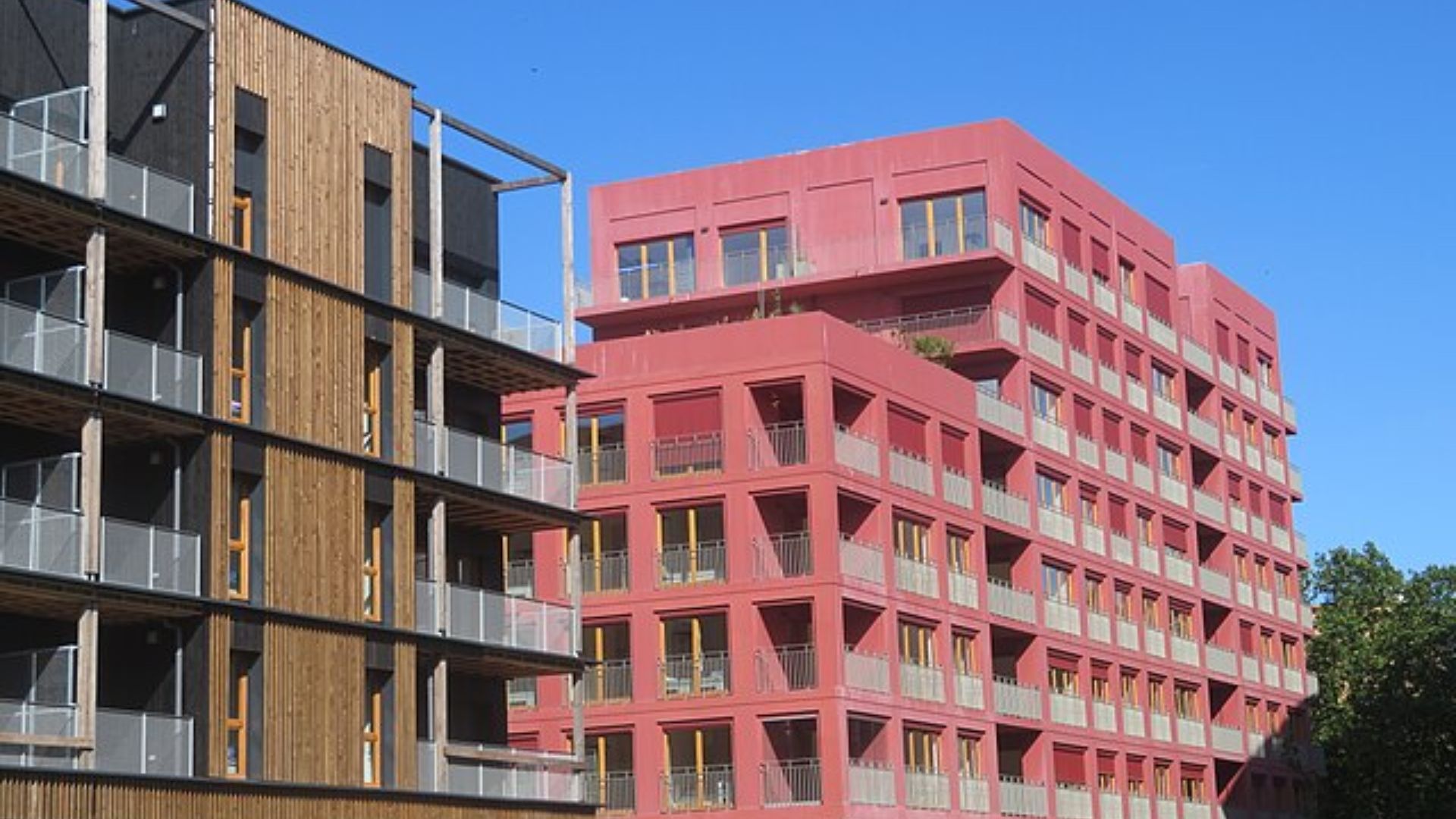
Organizers believed the 2,807 apartments housing the athletes were ‘self-cooling’ by design. However, the extreme heat in France’s capital has proven the organizers wrong.
According to The Times, athletes have complained of temperatures as high as 97 degrees. An Algerian rower said: “We have fans in the bedrooms, but that’s not enough. It’s too hot at night. We can’t leave the windows open because of the mosquitoes — too many mosquitoes.”
Inequality in the Village
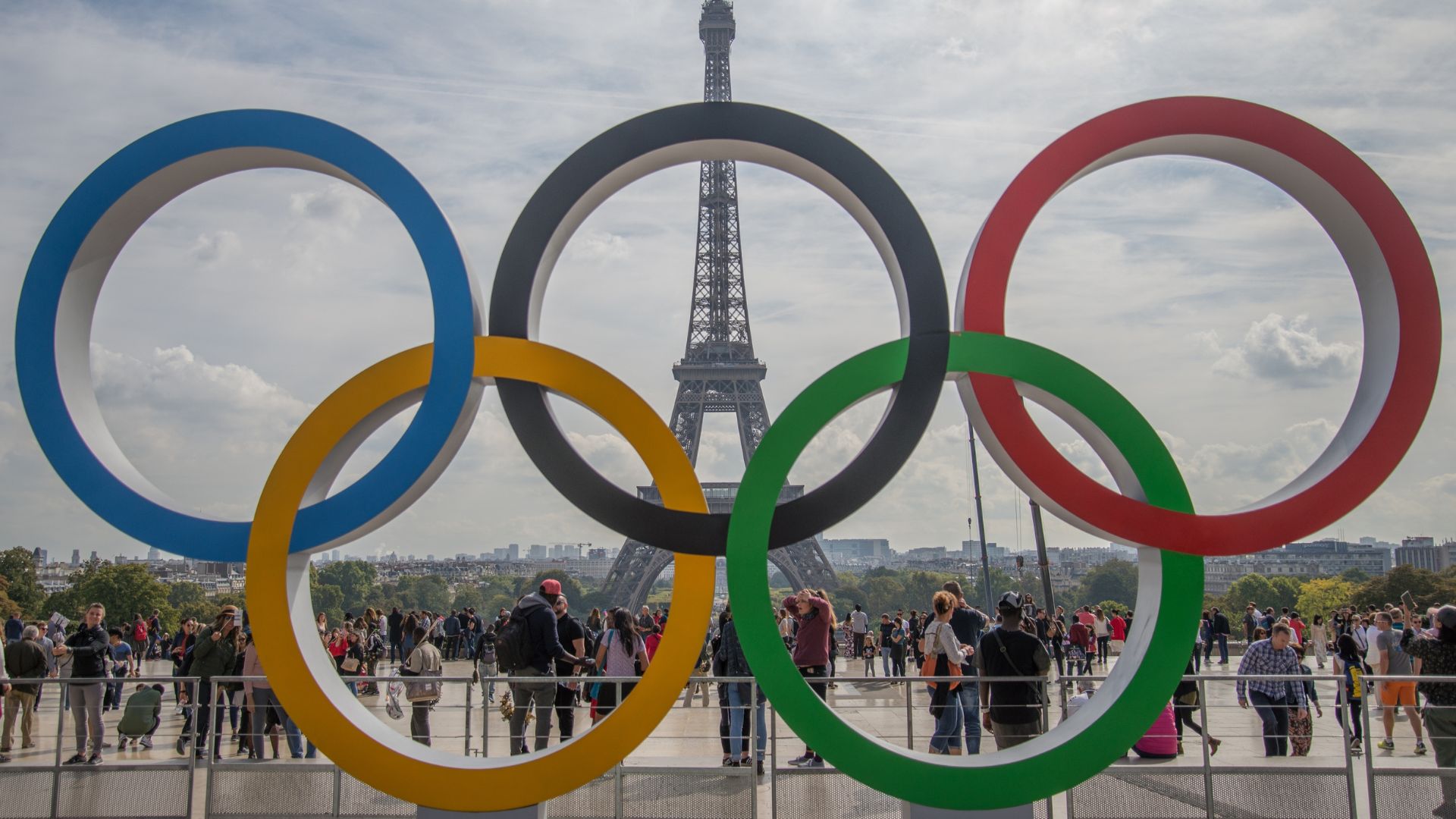
The issue of air conditioning is not just a matter of discomfort for the athletes. It is also a matter of inequality.
Organizers have relaxed their rules on renting out air conditioning as it has disadvantaged smaller nations. Before the Games began, Australia, the United Kingdom, Germany, Italy, Japan, the States and China had all installed air conditioning units.
Athletes Voice Their Concerns
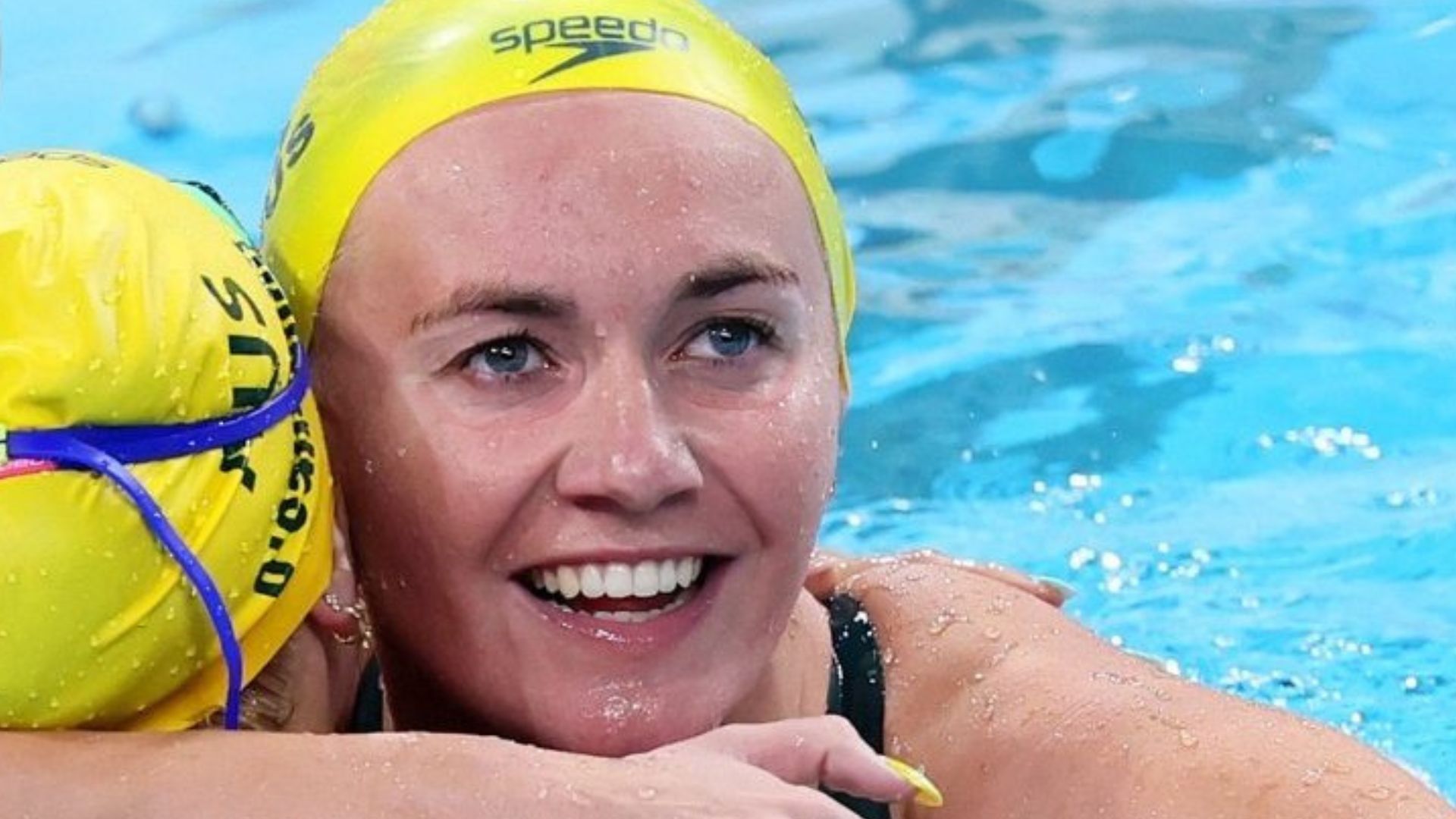
Highlighting the severity of the issues, Australian swimmer Ariarne Titmus called the living conditions “ridiculous,” noting how these factors played a role in her not achieving her best times.
She candidly shared, “It’s definitely not made for high performance, so it’s about who can really keep it together in the mind.”
A Statement From Paris
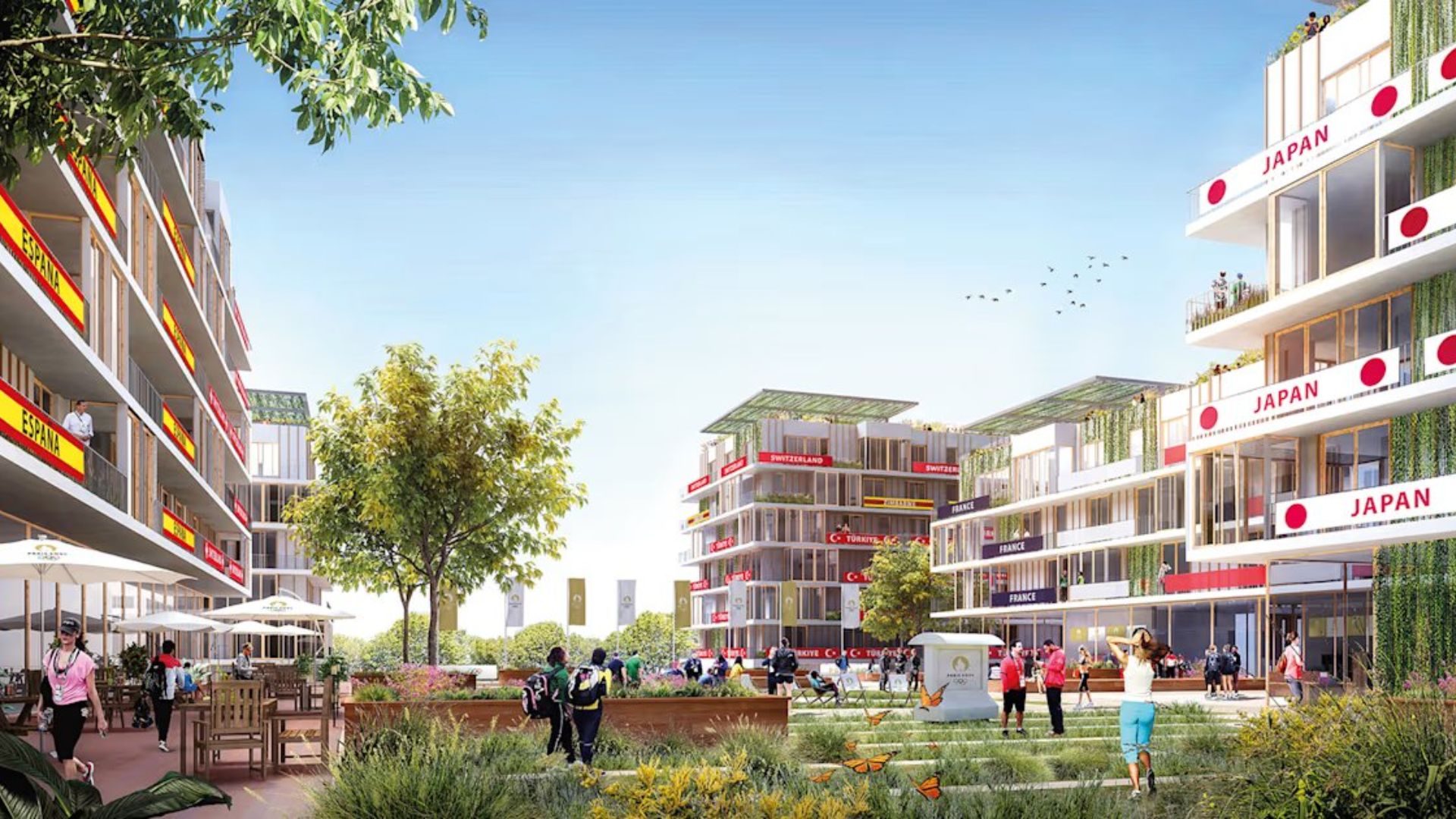
In response to the complaints from the athletes about food and accessibility, the organizers released a statement to UNILAD.
They said, “On the conditions pointed out by some athletes, Paris 2024 is in constant liaison with the National Olympic Committees. These changes have significantly improved the quality of the service. For example, the quantity of grilled meats on offer is now 900 grams per athlete, per day.”
Rife With Theft
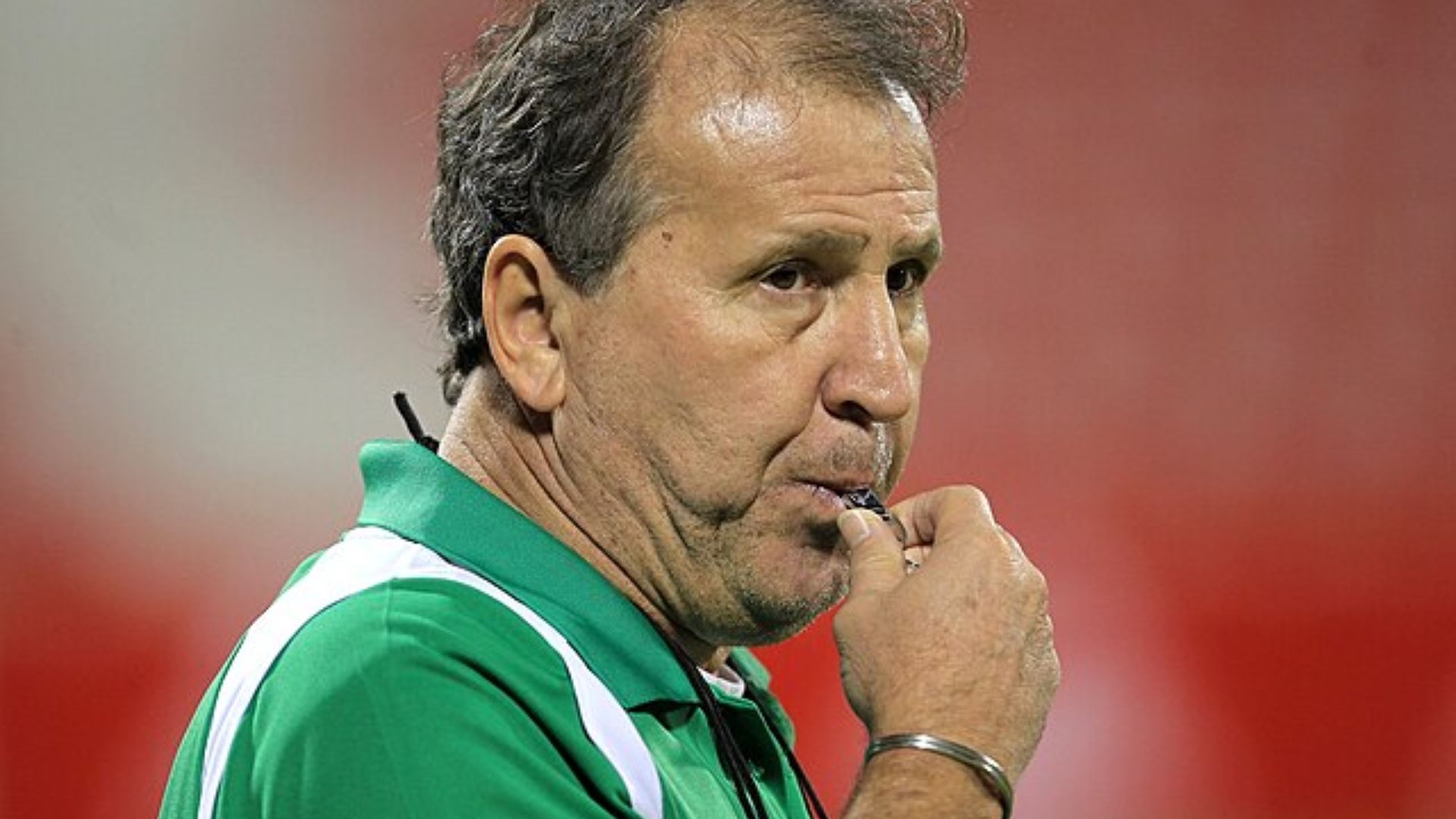
The complaints do not stop at the Olympic Village’s accommodation. Athletes have complained that the area is “rife with theft.”
Legendary football coach, Zico, was targeted during a distraction theft after his briefcase was stolen. The case contained approximately $535,000 worth of jewels and bills from the bank. A Japanese rugby player had over $3,000 worth of items stolen, including his wedding ring and a necklace.
Robberies Before Matches
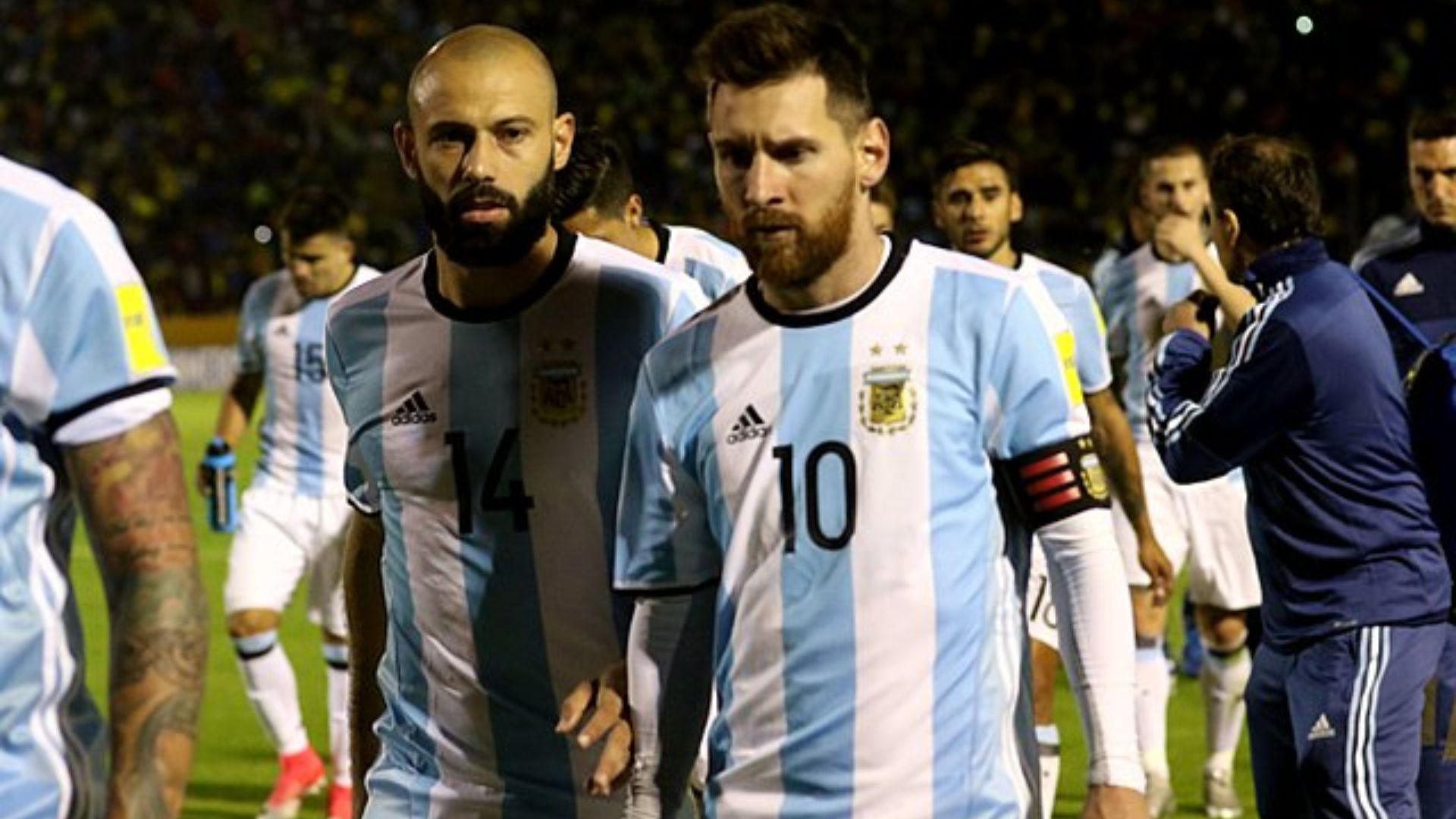
Argentina’s head coach, Javier Mascherano, complained that his team’s training base was robbed before their games against Morocco.
“They went into training and they robbed us, in the Olympic Games,” Mascherano said after his team suffered a 2-1 defeat. The police are not present in the Olympic Village, so athletes have been warned to hide their valuables.
Most Are Staying Put
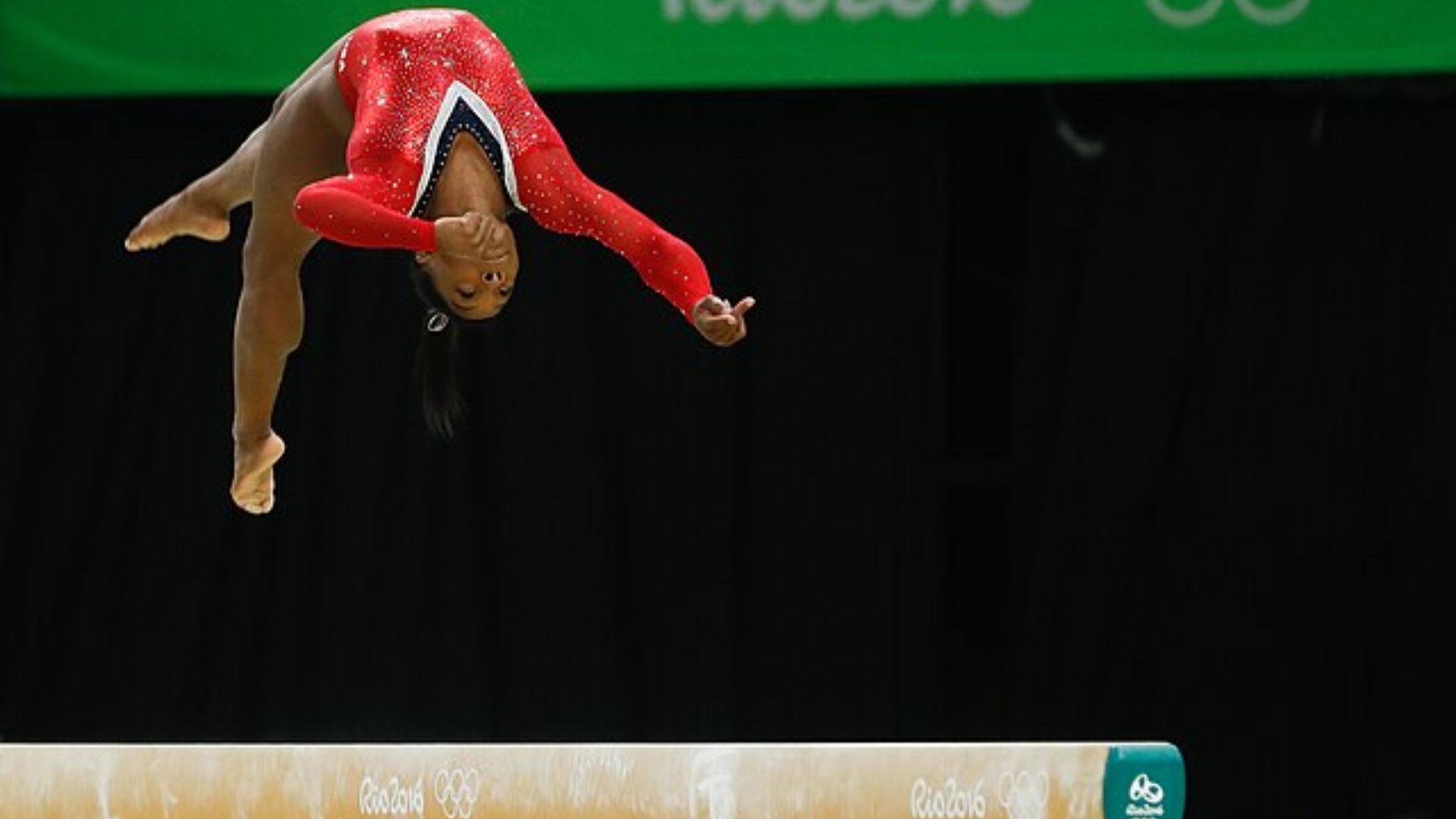
While some athletes have had enough and have sought alternative accommodation, most of the 10,500 competitors will stick it out in the village.
Gauff replied to a commenter, “I chose to stay in the village for the experience.” Simone Biles, the world’s most decorated gymnast, commented on the same video: “The bed sucks … BUT we are getting mattress toppers, so hopefully it’ll get better.”
Lessons for Future Games
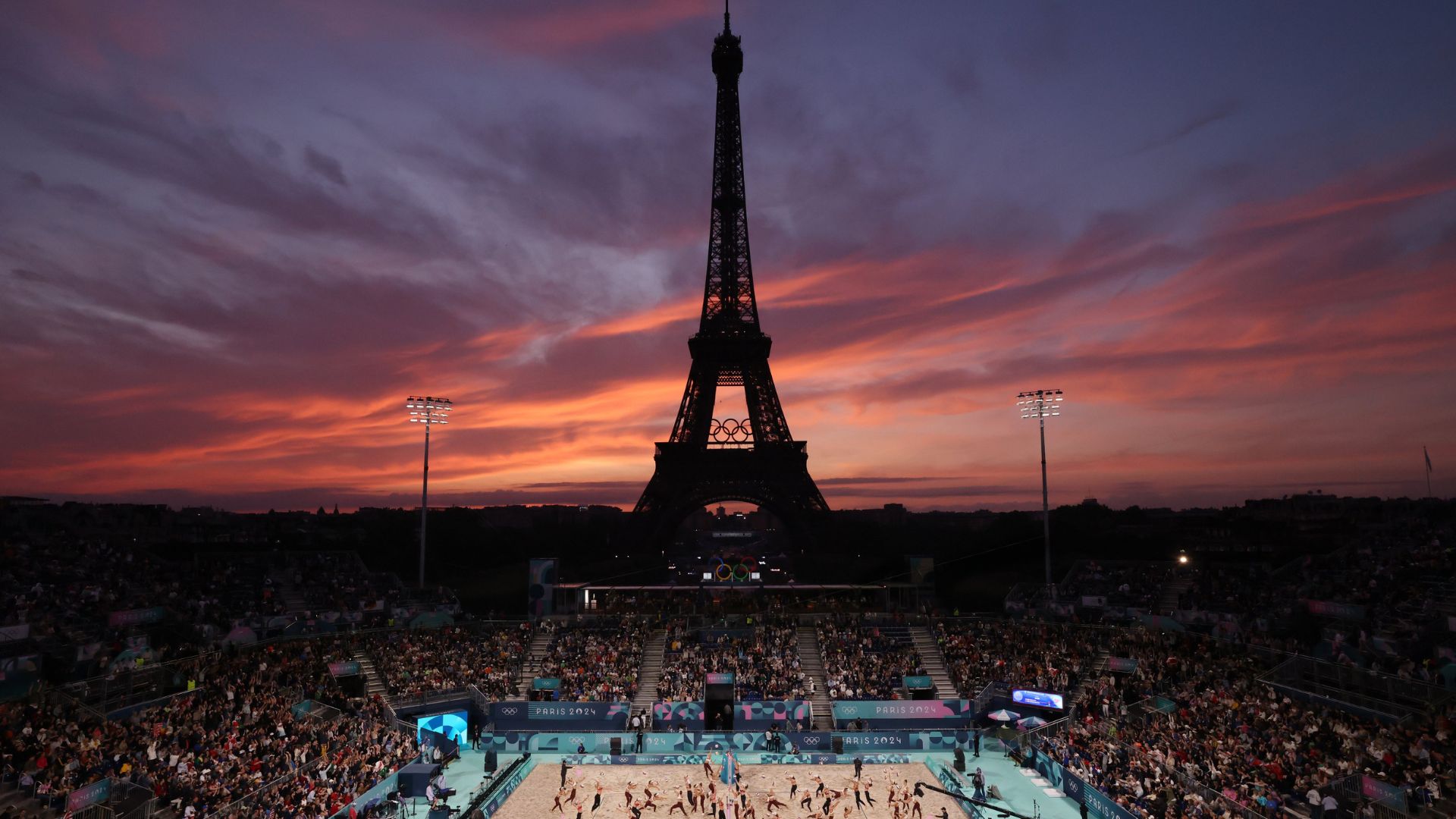
Reflecting on the experiences of the Paris Olympics, spokeswoman Anne Deschamps said, “We have found a balance for the athlete’s village long-term responsibility for a model neighborhood with all of the (green) innovations and our short-term responsibility to give to high performance athletes the best conditions.”
This insight is intended to help future Olympic organizers weigh environmental goals against the practical needs of athletes.
